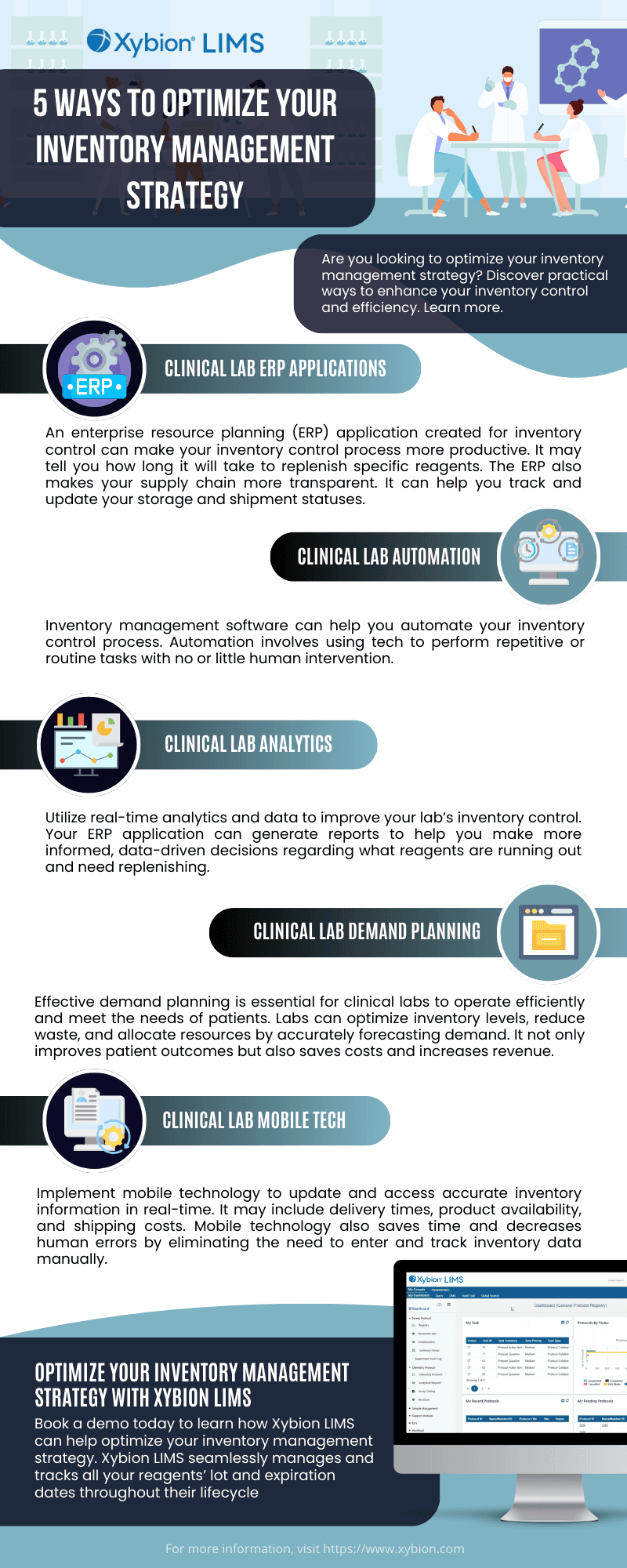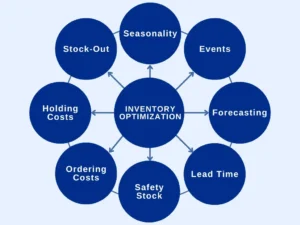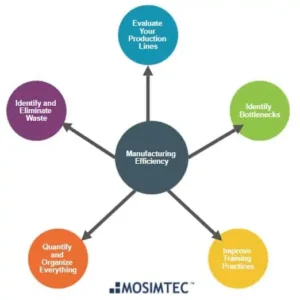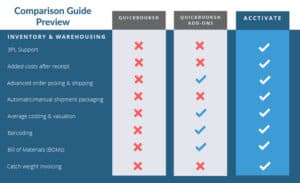Optimize Your Business with Essential Inventory Tools
Inventory tools streamline stock management, reduce errors, and improve efficiency, helping businesses maintain a smooth and profitable operation.
Introduction:
Managing inventory effectively is critical for businesses of all sizes. As a company grows, manual inventory management can become overwhelming and lead to costly mistakes. Inventory tools are designed to help businesses track stock levels, monitor sales, and streamline operations, allowing for better decision-making and improved efficiency. In this article, we’ll explore the key inventory tools that can optimize your business operations.
What Are Inventory Tools?
Inventory tools are software solutions that help businesses track and manage stock levels, process orders, and keep supply chains efficient. These tools eliminate the guesswork in inventory management by providing real-time data on inventory levels, sales trends, and order fulfillment.
Key Benefits of Using Inventory Tools:
- Reduced Human Error: Automation reduces mistakes related to manual stock management.
- Real-Time Tracking: Stay updated on inventory levels, ensuring you never run out of critical products.
- Improved Efficiency: Streamline order processing and fulfillment, reducing delays and increasing customer satisfaction.
How Inventory Tools Drive Efficiency
Inventory management tools simplify the entire process of tracking products, from when they enter the warehouse until they reach the customer. Here’s how they improve operational efficiency:
1. Real-Time Stock Tracking
One of the main features of inventory tools is the ability to monitor stock levels in real time. This allows businesses to avoid overstocking or running out of stock, ensuring that orders are fulfilled on time. Tools like Katana Cloud Inventory and Cin7 provide real-time updates on inventory levels and order statuses, making inventory management much easier and more accurate.
2. Automating Reorder Points
Automating the reorder process ensures that you never run out of critical stock. By setting minimum stock levels, inventory tools can automatically generate purchase orders when stock falls below the threshold. This feature not only saves time but also prevents stockouts, ensuring your business can meet demand without delays.
3. Centralized Data for Multiple Locations
For businesses that operate across multiple locations, inventory tools allow for centralized data management. You can track inventory levels across different warehouses or retail stores, ensuring a smooth supply chain and making it easier to distribute products where they are needed most.
4. Enhanced Forecasting
Inventory tools like TradeGecko and Zoho Inventory offer data analysis features that help businesses forecast future inventory needs based on sales trends. By understanding demand patterns, businesses can optimize their stock levels and reduce excess inventory, leading to cost savings and increased profitability.
Top Inventory Tools for Business Optimization
Choosing the right inventory tool depends on your business’s size, needs, and industry. Here are some of the top inventory management tools that can help streamline your operations:
1. Katana Cloud Inventory – Real-Time Inventory Management
Katana is a cloud-based inventory management tool that provides real-time visibility over your inventory and production processes. It integrates seamlessly with ecommerce platforms and offers automatic order processing, making it ideal for manufacturing businesses.
2. Cin7 – End-to-End Inventory Solution
Cin7 is an all-in-one inventory tool that helps businesses manage stock, order fulfillment, and production across multiple channels. It integrates with various sales platforms like Shopify and Amazon, providing comprehensive inventory oversight.
3. Zoho Inventory – Simplified Stock Management
Zoho Inventory is a user-friendly platform that allows small and medium-sized businesses to manage inventory, orders, and shipments. It offers multi-channel selling and integrates with popular ecommerce platforms, making it ideal for growing businesses.
4. Fishbowl – Warehouse and Manufacturing Inventory Management
Fishbowl is an inventory management tool designed for manufacturing and warehouse operations. It helps manage stock levels, work orders, and shipping, offering a robust solution for businesses with complex supply chains.
5. TradeGecko – Powerful Forecasting Capabilities
TradeGecko (now part of QuickBooks Commerce) offers powerful forecasting and reporting tools that help businesses optimize stock levels and improve cash flow. It’s ideal for businesses looking to scale and streamline their inventory management.
How to Choose the Right Inventory Tool
With so many inventory tools available, it’s important to choose one that fits your business’s unique needs. Here are a few factors to consider when selecting an inventory management solution:
1. Business Size and Complexity
Small businesses with simple inventory needs may benefit from tools like Zoho Inventory, while larger operations with multiple warehouses might require more advanced solutions like Cin7 or Katana.
2. Integration Capabilities
Ensure the tool you choose integrates with your existing ecommerce platforms, accounting software, and sales channels. This will simplify data syncing and provide a seamless experience.
3. Ease of Use
Choose an inventory tool with a user-friendly interface to minimize the learning curve for your team. Tools like Zoho Inventory and Katana are known for their ease of use and intuitive design.
FAQs
What are inventory management tools?
Inventory management tools help businesses track stock levels, manage orders, and streamline supply chains. These tools automate many manual tasks, improving efficiency and reducing errors.
How do inventory tools benefit my business?
Inventory tools provide real-time data on stock levels, automate reorder points, improve forecasting, and centralize inventory management across multiple locations. These benefits lead to better operational efficiency and cost savings.
Can small businesses benefit from inventory tools?
Absolutely! Tools like Zoho Inventory are designed specifically for small businesses, offering simplified inventory management without the need for a large IT team or infrastructure.
What’s the difference between warehouse management and inventory management?
Warehouse management focuses on the day-to-day operations of running a warehouse, such as picking, packing, and shipping orders. Inventory management, on the other hand, focuses on tracking stock levels, managing orders, and ensuring that the right products are available when needed.
Do inventory tools integrate with ecommerce platforms?
Yes, most inventory tools integrate with popular ecommerce platforms like Shopify, WooCommerce, and Amazon. This allows for seamless syncing of inventory data and order processing.
Conclusion
Investing in the right inventory tools can have a significant impact on your business’s operational efficiency and profitability. By automating stock management, optimizing order fulfillment, and improving forecasting, these tools help businesses reduce costs and maintain smooth operations. Whether you run a small ecommerce store or a large manufacturing operation, inventory tools like Katana Cloud Inventory and Cin7 are essential for staying competitive and scaling successfully.
Top Tools to Simplify and Scale Your Business
- Katana Cloud Inventory – Provides real-time visibility over inventory and production processes, ideal for manufacturers.
- Cin7 – An all-in-one solution that integrates with multiple sales channels, offering end-to-end inventory management.
- Zoho Inventory – A user-friendly tool for small businesses looking to streamline stock management and order processing.
- Fishbowl – Designed for warehouses and manufacturers, offering comprehensive stock and work order management.
- TradeGecko – Now part of QuickBooks Commerce, TradeGecko provides advanced forecasting and reporting features.
Keywords: inventory management tools, inventory optimization, stock tracking, order fulfillment, ecommerce inventory, supply chain tools, business automation, warehouse management










